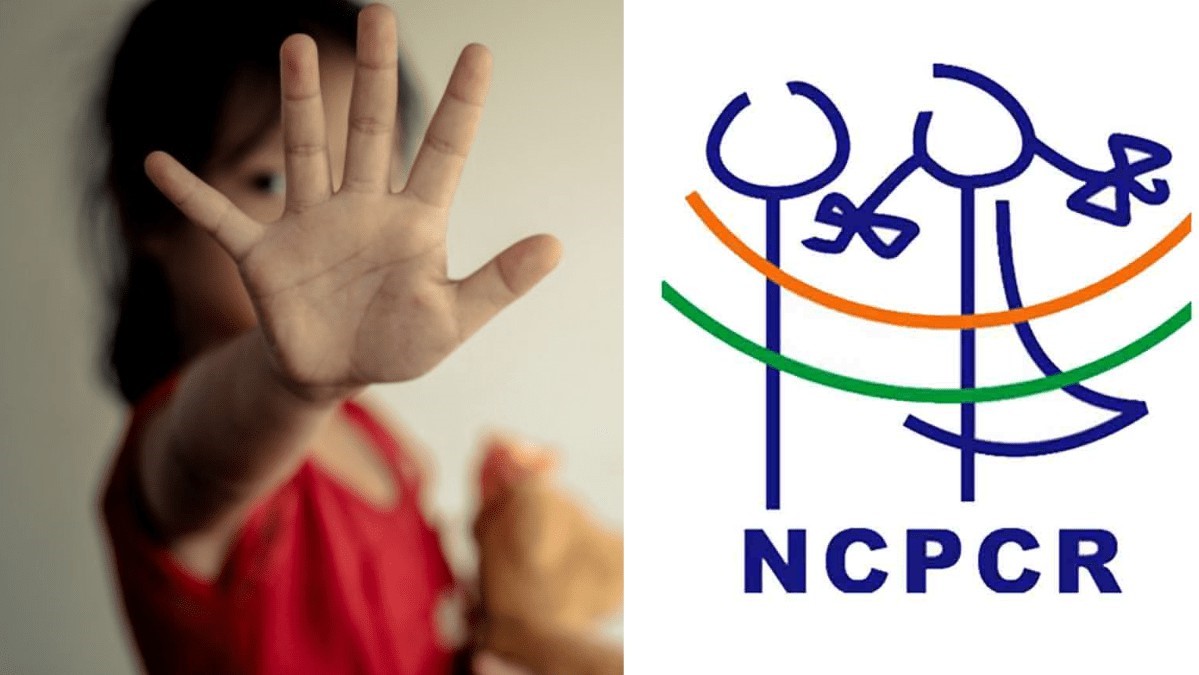National Commission for Protection of Child Rights (NCPCR) (Indian Express)

- 25 Jul 2023
Why in the News?
The National Commission for Protection of Child Rights (NCPCR) recently addressed the Manipur DGP, urging the filing of an FIR against three individuals.
About the National Commission for Protection of Child Rights (NCPCR):
- NCPCR is a statutory body set up in March 2007 under the Commissions for Protection of Child Rights (CPCR) Act, 2005.
- It is under the administrative control of the Ministry of Women & Child Development.
- The Commission's mandate is to ensure that all laws, policies, programmes, and administrative mechanisms are in consonance with the child rights perspective as enshrined in the Constitution of India and also the UN Convention on the Rights of the Child.
- It inquires into complaints relating to a child's right to free and compulsory education under the Right to Education Act, 2009.
- It monitors the implementation of Protection of Children from Sexual Offences (POCSO) Act, 2012.
Composition of NCPCR:
- This commission has a chairperson and six members of which at least two should be women.
- All of them are appointed by Central Government for three years.
- The maximum age to serve in commission is 65 years for Chairman and 60 years for members.
Functions and responsibilities of NCPCR:
- Examine and assess current safeguards for child rights and propose effective implementation strategies.
- Submit periodic reports to the central government on the efficacy of these safeguards.
- Conduct investigations into child rights violations and recommend legal action when appropriate.
- Raise awareness about child rights and available safeguards through diverse channels, such as publications, media, and seminars.
- Conduct inspections of institutions housing children, including juvenile homes, and suggest remedial measures if required.
- Investigate complaints and proactively address issues related to child rights deprivation, violation, and non-implementation of protective laws.
